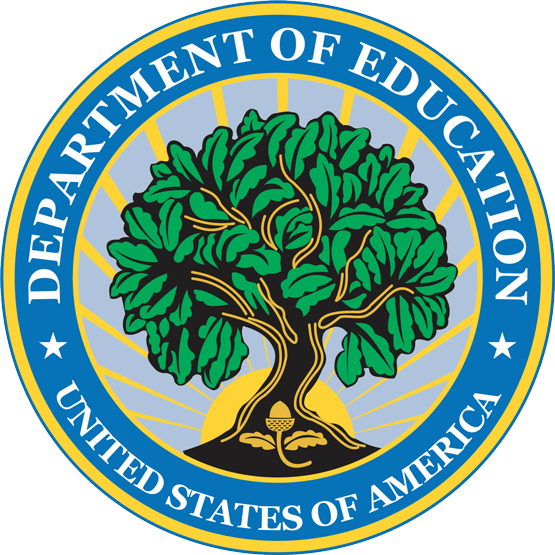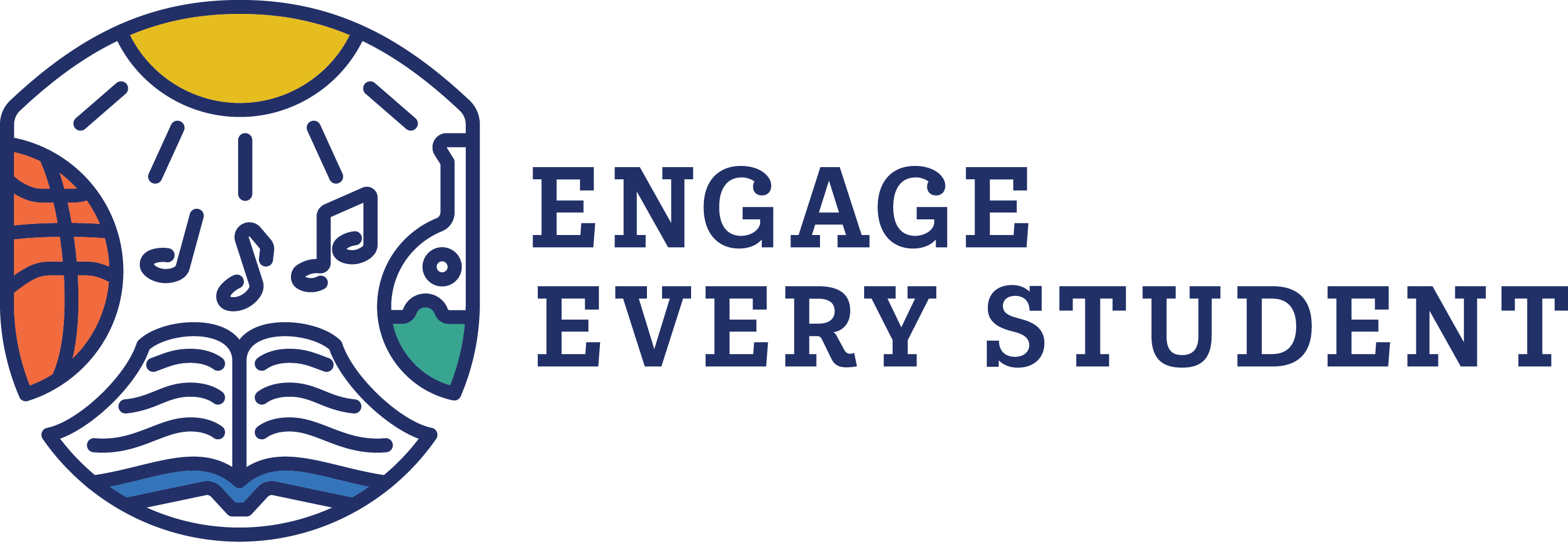
A National Recognition Program for Afterschool and Summer Learning
Learn More:
- Eligibility Criteria
- Nomination Process
- Completing the Recognition Program Online Application
- Public Burden Statement
- Full Application PDF
Out-of-school time programs, which take place after the school day or outside of the regular school year, include a wide range of activities, including comprehensive afterschool or summer-learning and enrichment programs, vacation academies, work-based learning programs, youth development programs, and experiential or service-learning programs.
In the Fall of 2023, the U.S. Department of Education designed a Recognition Program for Out-of-School Time Learning, which aims to recognize (1) non-profit organizations working in collaboration with school district/local education agencies (LEAs), (2) city municipalities or local government entities working in collaboration with school district/LEAs or (3) LEAs working in collaboration with non-profit organization or city municipalities that engage K-12 students in high-quality afterschool or summer learning programming. High-quality is defined as meeting students’ social, emotional, mental, and physical health, and academic needs and addressing the impact of COVID-19 on students’ opportunity to learn.
Eligibility Criteria
To be eligible for the 2024-2025 Out-of-School Time Recognition Program, an entity must be a:
- non-profit organization working in collaboration with local education agencies (LEAs);
- city municipality or local government entity working in collaboration with local education agencies (LEAs); or a
- local education agency (LEA) working in collaboration with a non-profit organization or city municipality/local government entity.
Additionally, the entity must meet the following eligibility criteria:
- Be an afterschool and/or summer learning program that has increased, from its total enrollment in SY23-24, the enrollment number of K-12 students during the 2024-2025 school year by 20%.
- Serve a group of students that attend elementary, middle or high schools, which must include at least a portion of students that attend schools with 40% or more students who qualify for the free and reduced lunch program at the beginning of the 2024-2025 academic school year.
- Provide high-quality afterschool or summer learning programming with a physical location in one of the 50 states, the District of Columbia, Puerto Rico, American Samoa, the Commonwealth of the Northern Mariana Islands, Guam, the U.S. Virgin Islands, the Department of Defense Education Activity, or Tribal Nations schools.
- Leverage a combination of federal, state and local funds to expand access to afterschool and summer learning programs for students.
- Ideally employ evidence-based approaches, including but not limited to:
- Target students needing additional support (including using information provided by diagnostic assessments);
- Have certified teachers delivering the academic instruction and tutoring; and
- Engage students in using experiential learning that could include project-based learning, enrichment, career pathways, and field trips;
- Implement high-quality tutoring programs; and
- Implement strategies to support the decrease of chronic absenteeism.
Nomination Process
The nomination process will include the following components:
- The U.S. Department of Education (Department) will hold an All Call for Nominations of entities that adhere to the aforementioned eligibility criteria that are engaging students in high-quality afterschool and/or summer learning programs.
- The Department will open the online submission form for nominations from October 24, 2024 until January 31, 2025.
- Eligible entities can self-nominate or be nominated.
- The Department will promote the open call for nominations via newsletters and social media platforms.
Completing the Recognition Program Online Application
- The entire application must be submitted through the online submission form by 11:59 p.m. on January 31, 2025 here: https://forms.office.com/g/YsuUyhC6jR.
- Narrative responses to application questions must address the topic succinctly. No attachments to the online application can be submitted.
- Online instructions must be followed when copying/pasting text from Word to the online submission form.
Public Burden Statement
According to the Paperwork Reduction Act of 1995, no persons are required to respond to a collection of information unless such collection displays a valid OMB control number. The valid OMB control number and expiration date for this information collection is 1894-0019 and 03/31/2027 respectively. Public reporting burden for this collection of information is estimated to average 90 minutes per response, including time for reviewing instructions, searching existing data sources, gathering and maintaining the data needed, and completing and reviewing the collection of information. The obligation to respond to this collection is voluntary. If you have any comments concerning the accuracy of the time estimate, suggestions for improving this individual collection, or if you have comments or concerns regarding the status of your individual application, please contact Sheronda Witter, Ph.D. at [email protected] directly.
